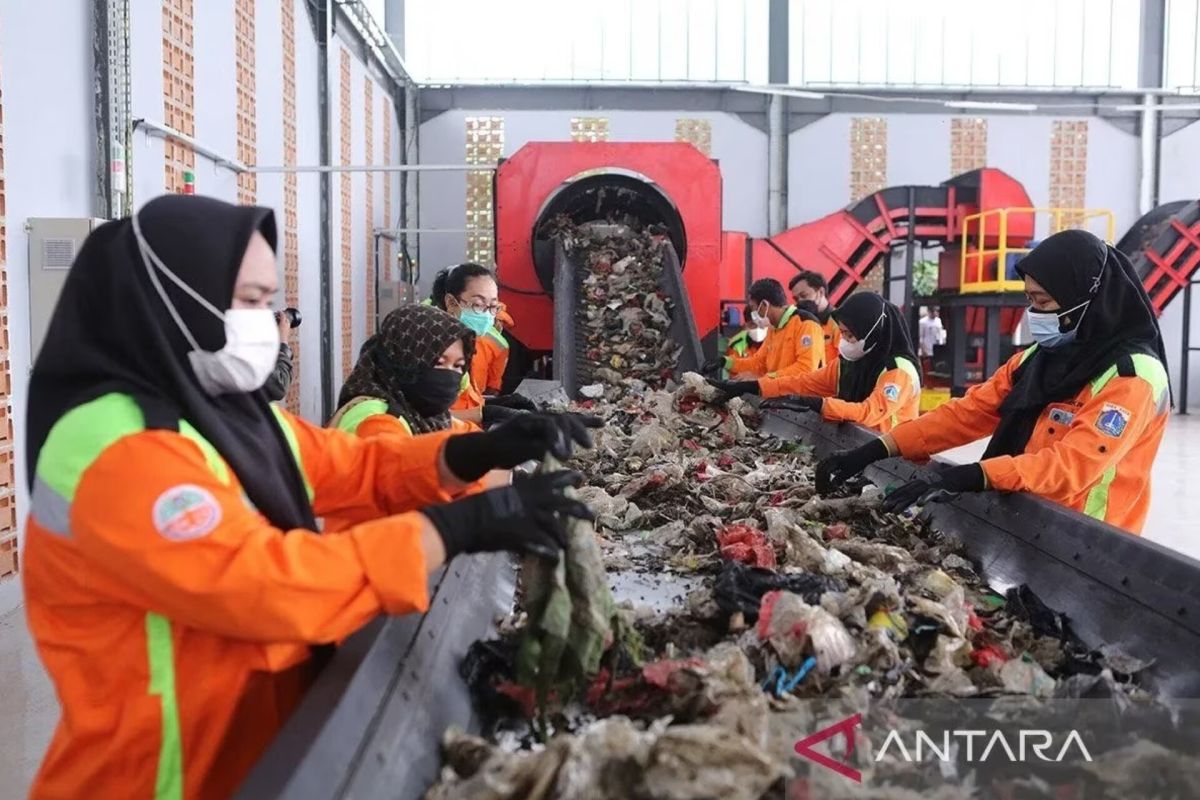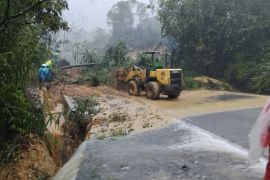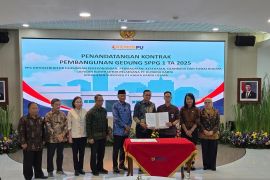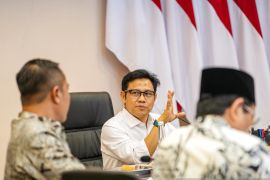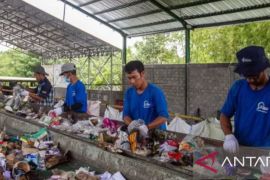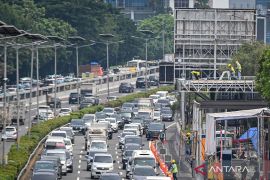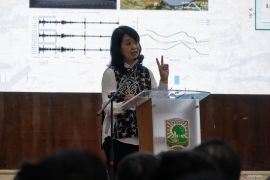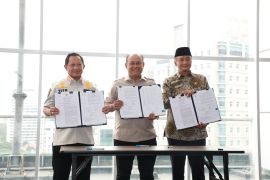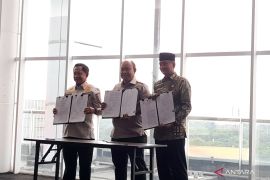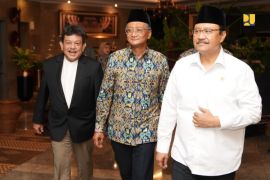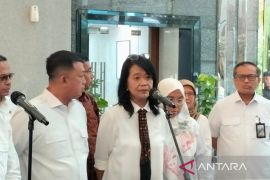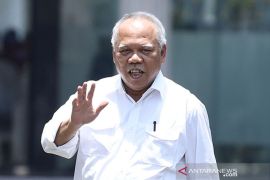“TPS3R projects managed by the Directorate General of Human Settlements are still necessary,” Dody said during a press conference marking World Habitat Day and World Cities Day in Bekasi, West Java, on Monday.
He noted that Waste-to-Energy (WtE) projects, which convert waste into electricity, require private sector involvement and a minimum processing volume of about 1,000 tons of waste per day.
Large cities such as those in Greater Jakarta, Bandung, and Bali can meet that threshold and are suitable for WtE projects, he said.
“For cities that produce less than 1,000 tons of waste per day, we must rely on TPS3R to manage it effectively,” Dody added.
He emphasized the importance of waste separation at the source to improve processing efficiency, whether the waste will be turned into fuel, recycled plastic, or other materials.
Indonesia has generated more than 68 million tons of waste annually since 2021, with many final disposal sites (TPA) still operating under open dumping practices that release methane and other greenhouse gases.
Under the National Medium-Term Development Plan (RPJMN) for 2025–2029, the government targets effective processing of 38 percent of total waste to prevent overcapacity at landfills, as the national waste volume is projected to reach 82 million tons per year by 2045.
Dody also stressed the need to end open dumping immediately, calling it a major environmental hazard.
“Waste management based on reducing, reusing, and recycling must be implemented consistently nationwide,” he said, echoing recommendations from the Environment Ministry.
Translator: Aji, Aria Ananda
Editor: Rahmad Nasution
Copyright © ANTARA 2025
